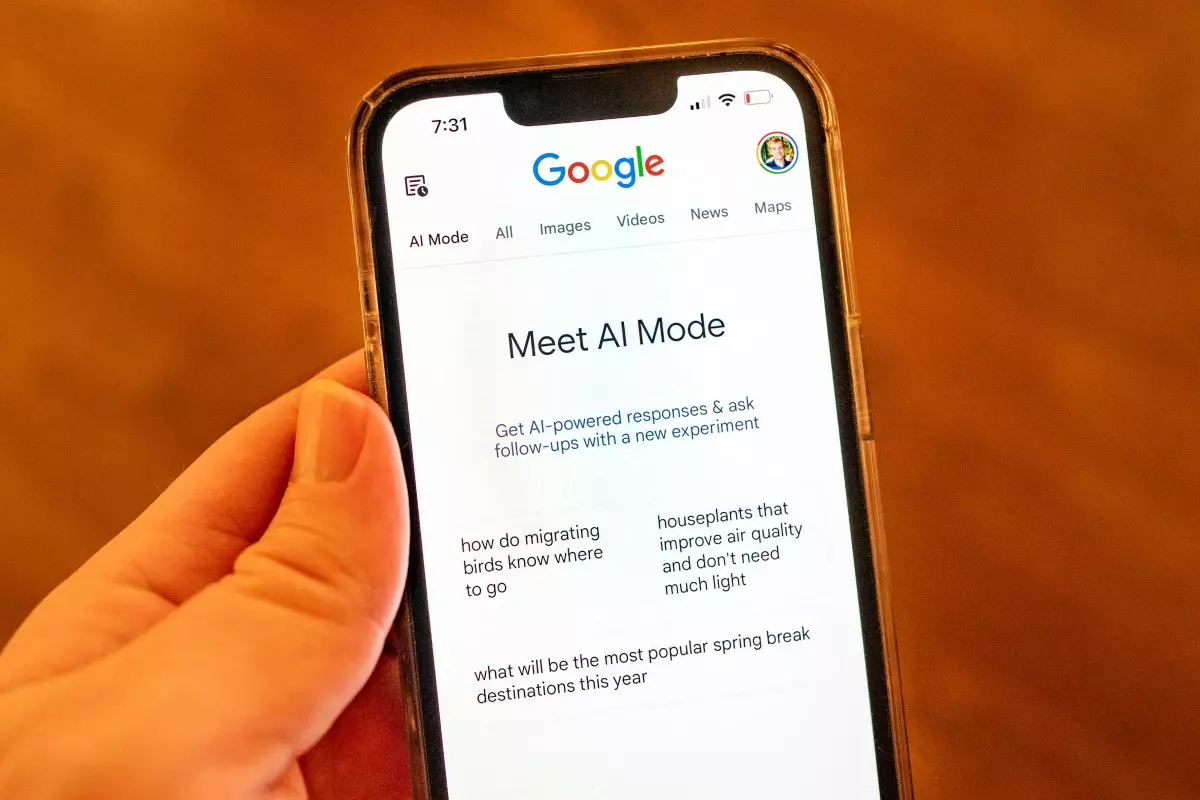Google’s recent announcement to globalize AI Mode marks a significant turning point in how we interact with search technology. By extending this feature to 180 new countries, the tech giant is not merely increasing accessibility; it’s democratizing an advanced AI experience that was once confined to a select few regions. This move underscores Google’s commitment to integrating artificial intelligence deeply into everyday life, empowering users worldwide to ask more nuanced questions and receive richer, contextually aware responses. However, a critical eye reveals that this expansion, while promising, hinges heavily on the complexities of localization and language support. The initial roll-out in English leaves a large portion of non-English speakers waiting, highlighting potential limitations in truly making AI Mode universally effective. It also prompts questions about the speed and quality of future language integrations, essential for meaningful global reach.
From Passive Search to Active Collaboration
What distinguishes Google’s AI Mode from traditional search paradigms is its newfound agentic and interactive capacities. Users are now encouraged to move beyond simple queries towards engaging in dynamic dialogues — requesting restaurant reservations, scheduling appointments, or even buying tickets — all within the search interface. This gives an impression of a conversational assistant that anticipates needs and acts upon them. However, this shift raises critical concerns about privacy, data security, and the overreach of AI in managing personal preferences. The feature’s ability to sift through multiple reservation platforms and curate tailored options is undeniably a breakthrough, but it also exemplifies how much personal data must be shared—and stored—to facilitate these functions. Trust becomes paramount in such contexts, especially as Google experiments with AI-driven personalization that leverages user history across Search, Maps, and other services.
Personalization and Collaboration: The Future of Search is Social
Perhaps the most transformative aspect of Google’s update is the facilitation of social sharing and collaboration within AI Mode. The introduction of a “Share” button signals an understanding that search is no longer a solitary endeavor but a collaborative process. Whether planning a trip or organizing an event, users can now effortlessly involve others, streamlining decision-making and increasing convenience. Nevertheless, this feature also introduces new challenges: safeguarding user data, maintaining context clarity, and ensuring that the collaborative AI interactions remain secure. While it encourages a more communal approach to search, it hinges on user trust in Google’s data handling practices and the platform’s ability to balance personalization with privacy.
Google’s reimagining of Search through AI Mode thrusts the platform into a new era—one where advanced AI capabilities will reshape how humans find, share, and act upon information. Yet, as promising as these advancements are, they demand a critical focus on issues of inclusivity, privacy, and ethical AI deployment to truly harness their transformative potential.

